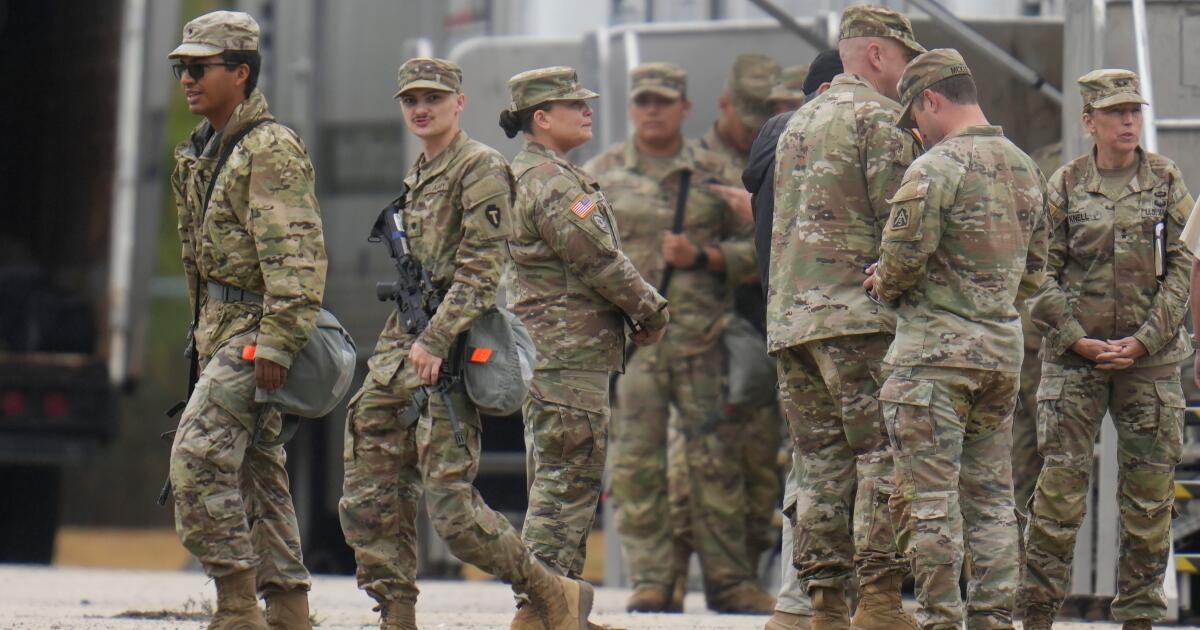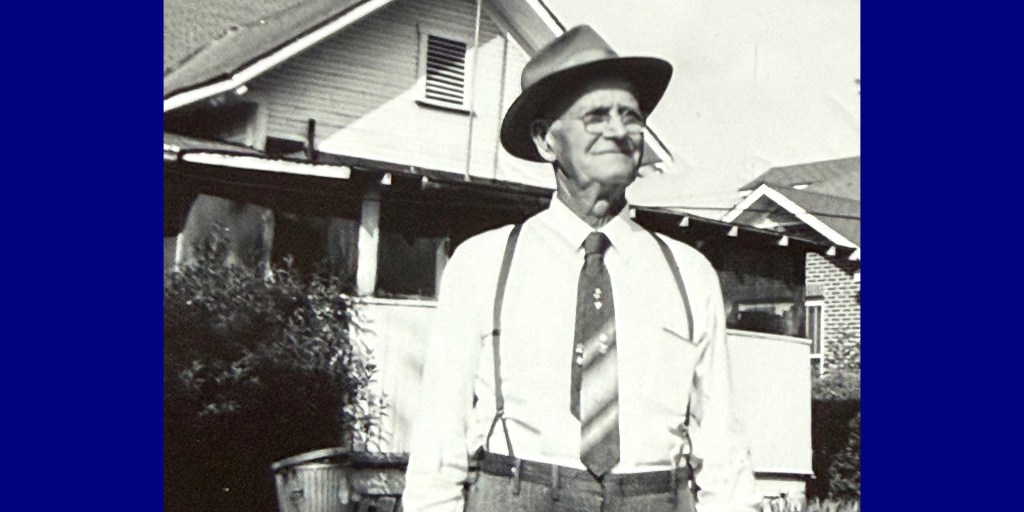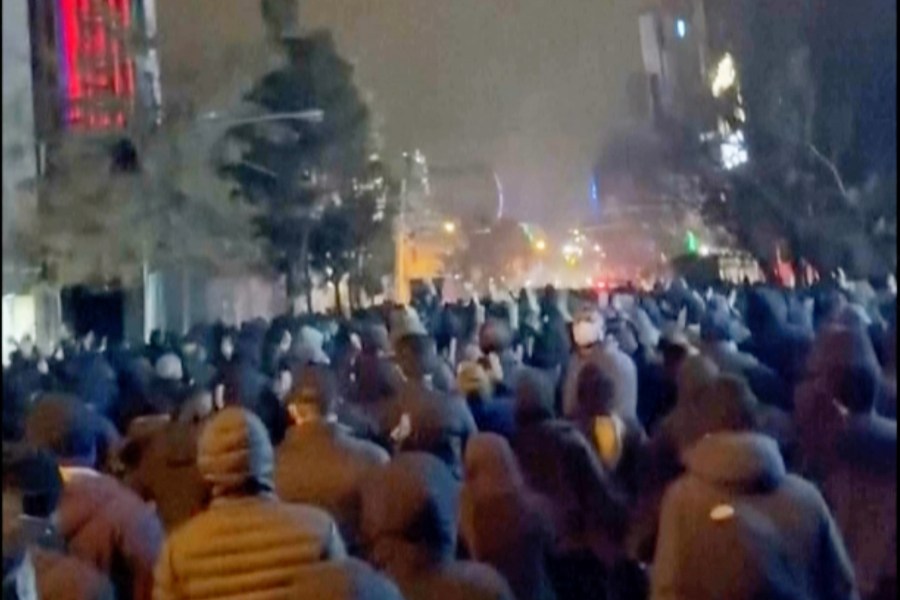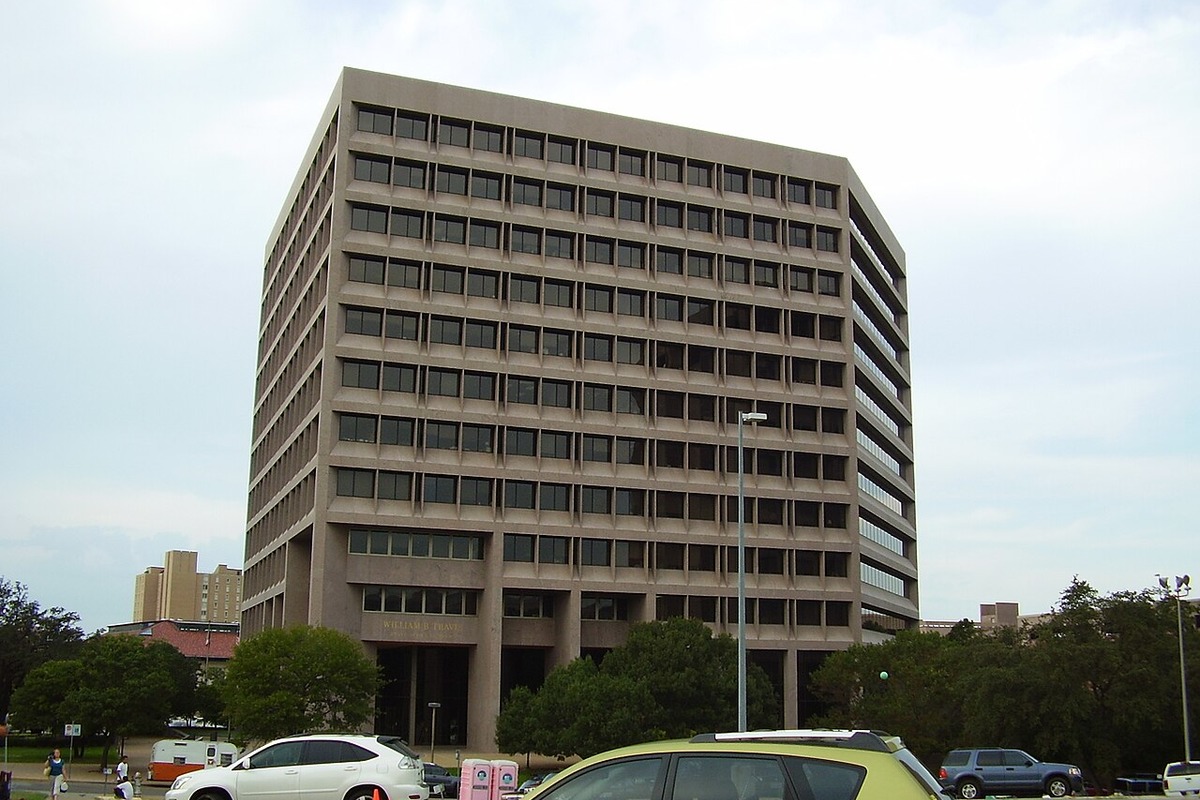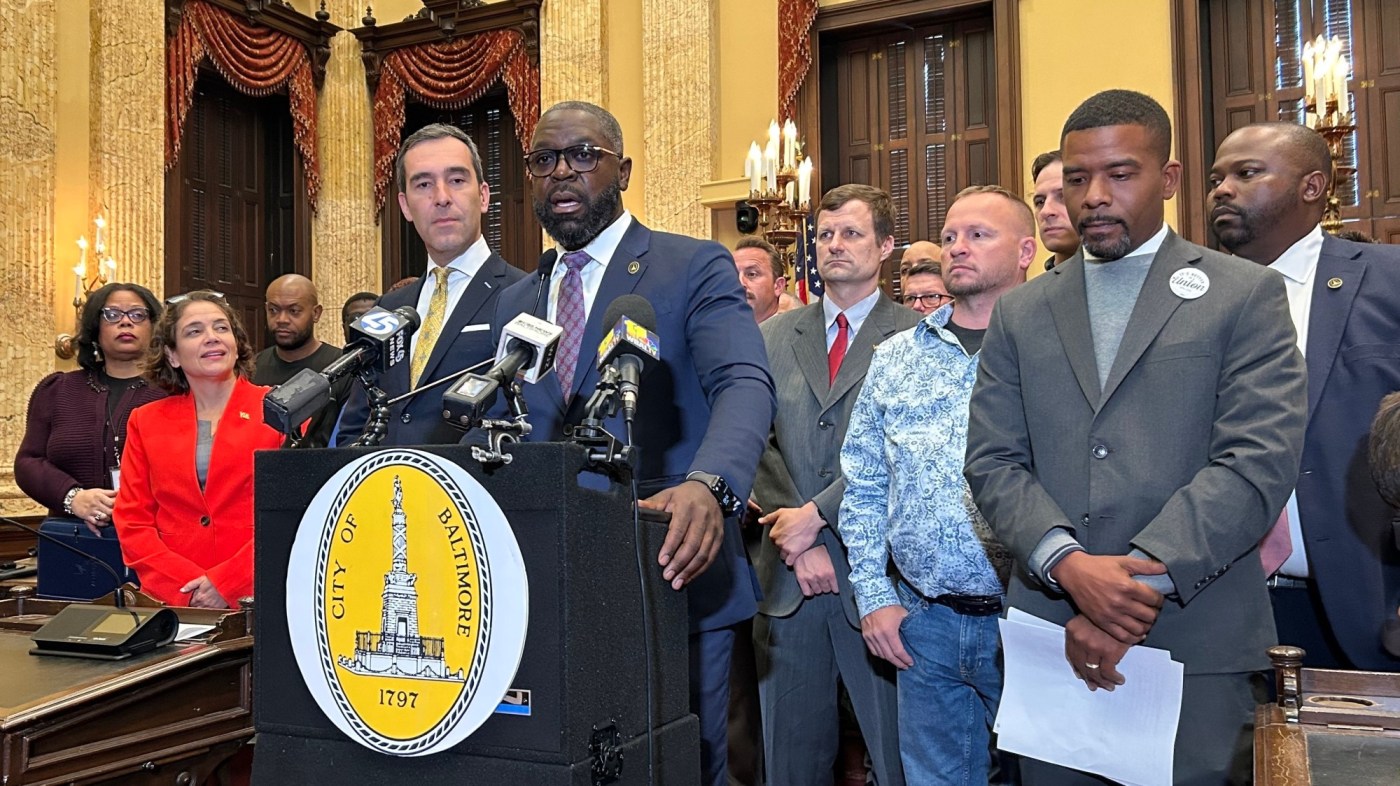Three judges from the 9th Circuit Court convened in Pasadena on October 25, 2023, to reconsider a ruling that previously supported President Trump’s authority to deploy federal troops in U.S. cities. This meeting is significant as it may reshape the legal framework governing military interventions domestically, particularly in light of the controversial troop deployments to Los Angeles earlier in June.
The use of federalized soldiers in urban areas has become increasingly common, yet the legality of such actions hinges on the interpretation of a lesser-known subsection of U.S. law. This statute outlines the president’s power to send National Guard and federal service members into situations deemed necessary to maintain order. The legal debate surrounding this code has intensified, largely influenced by the 9th Circuit’s earlier decision, which emphasized a substantial deference to the president’s judgment regarding what constitutes a rebellion.
During the recent session, judges Jennifer Sung, Eric D. Miller, and Mark J. Bennett engaged in a critical discussion about the thresholds for deploying troops. Miller questioned the rationale behind classifying minor instances of disorder as rebellion, suggesting that the definition of “rebellion” has not been adequately clarified in legal terms. He stated, “Violence is used to thwart the enforcement of federal law all the time. This happens every day.”
The judges’ deliberations come at a time when the interpretation of the law has divided opinions among district and appellate judges across the country. Some of Trump’s judicial appointees have notably disagreed on the application of the law, with conflicting rulings emerging even within the same 9th Circuit. For instance, while Miller and Bennett have adopted a more cautious stance, judges Ryan D. Nelson and Bridget S. Bade recently reinforced the authority to deploy troops in a decision concerning Oregon.
The statute in question is characterized as vague and historically untested. California Solicitor General Samuel Harbourt highlighted this uncertainty, noting that the law has only been invoked once in the past 122 years. He argued that the term “rebellion” lacks a credible definition within the context of this litigation, stating, “We’re concerned that the breadth of the definition the government has relied on includes any form of resistance.”
The debate has sparked discussions among legal experts regarding the fundamental facts that must underpin any presidential claim of rebellion. In a related case, U.S. District Judge Karin Immergut criticized Trump’s assertions about disturbances in Oregon as “untethered to the facts.” Conversely, another 9th Circuit panel had ruled that the president possesses broad discretion in determining the facts relevant to deploying troops, asserting that “the President has the authority to identify and weigh the relevant facts.”
Sung’s recent comments indicated a potential shift in perspective, suggesting that the statute’s discretionary power should be grounded in specific factual circumstances. This aligns with the 7th Circuit’s previous ruling in Chicago, which stated, “Political opposition is not rebellion.” This court emphasized that protests, regardless of their organization or calls for change, do not inherently constitute rebellion.
As the legal landscape evolves, the Trump administration’s appeal against the 7th Circuit’s decision is currently awaiting review by the Supreme Court. Legal experts caution that even a ruling from the highest court may not clarify the situation in California or other states. Trump retains the option to invoke the Insurrection Act or other legal measures to justify further troop deployments, a scenario that officials have suggested could unfold in the near future.
The administration expressed its desire to broaden its existing powers during this week’s court session, asserting that there should be no limitations on the duration or extent of troop deployments once the president has mobilized them. The government’s attorney indicated that there are no statutory restrictions governing how long troops could remain in federal service, reinforcing the notion that the president’s determination of necessity is solely at his discretion.
The implications of these discussions are profound, as they could redefine the relationship between federal authority and state rights regarding military intervention in domestic affairs. As the 9th Circuit navigates this intricate legal terrain, the outcome will likely set important precedents for future presidential actions and the interpretation of military powers within the United States.

